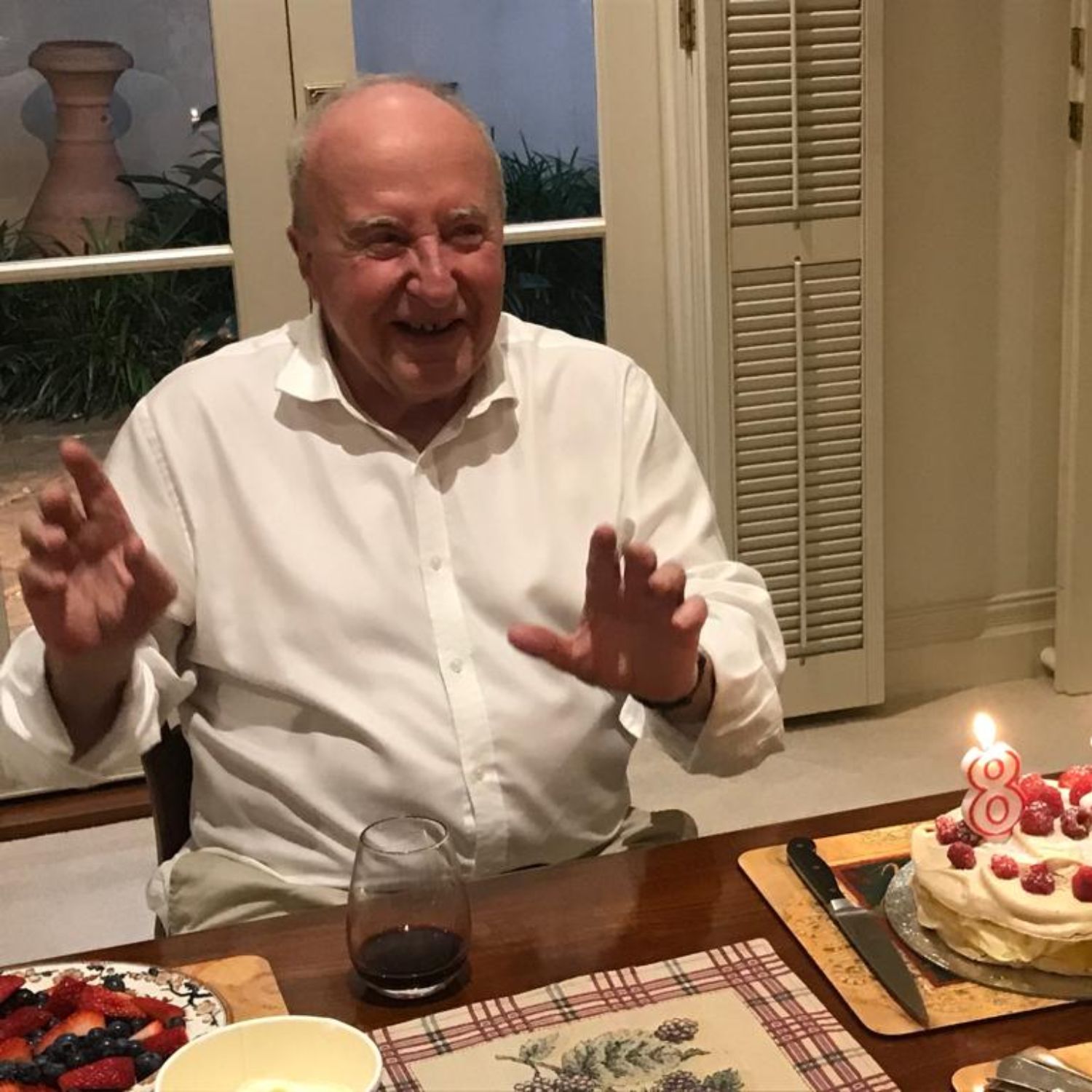Jubilee Fellow – 2021

Professor Richard Blandy
BEc (Adelaide), MA, PhD (Columbia)
Discipline: Economics
Year Elected: 1981
2021 Reflections
I wish to thank the Academy very much for awarding me a Jubilee Honour.
In 1962, the year after gaining First Class Honours in Economics at the University of Adelaide, I was appointed as a full-time Tutor in Economics at the University. During that year, I was appointed as a P2/P3 grade permanent member of staff of the International Labour Office, in Geneva, Switzerland. In 1963, together with my new bride, Ros, I set off on a professional journey that has carried us world-wide, but always back to Adelaide as a base.
After three years at the ILO, I gained an Earhart scholarship to study for a PhD in Economics and Education at Columbia University, New York. I was awarded my PhD in 1969, the year I took up my appointment as Senior Lecturer in Economics at Flinders University. In 1974, I was promoted to Reader; and in 1975 I was appointed as a Professor.
From 1980-1992, I was also Director of the National Institute of Labour Studies Inc. at Flinders University. During this period, I was a member of a number of Inquiries as an Associate Commissioner (part-time) of the Industries Assistance Commission in Canberra.
In 1981, I was elected as a Fellow of the Academy. My published research has always concentrated on labour economics, economic development, economics of education and population economics.
From 1992-1994, I was appointed Ronald F. Henderson Professor of Applied Economics and Social Research and Director of the Institute of Applied Economics and Social Research at the University of Melbourne.
In 1994, I was approached to become CEO of the South Australian Development Council (a body of business leaders in Adelaide reporting directly to Premier Dean Brown). I held that position from 1995-1997, when Dean Brown lost his premiership.
I then formed AustralAsia*Economics Pty Ltd (AA*E), a tiny economics consulting business, with the former Deputy CEO of the South Australian Development Council. We never made a loss, and we traded on our good names to generate adequate annual incomes. We wound AA*E up five years ago.
During this time, I held a number of honorary appointments, including as an Adjunct Professor of Economics in the Business School at the University of South Australia.
I have been a member (from time to time) of 18 advisory bodies from 1981 to the present. I am still a member of the Business and Economic Development Committee of the Norwood, Payneham and St Peter’s Council, on which I have served for 9 years.
I have published more than 120 articles in various journals; delivered more than 130 papers at conferences and seminars; and written more than 20 reports to various clients of AA*E.
Economics is really about processes of social adjustment – quantity, quality, price, cost, production processes and location, especially. I welcome joint work by social scientists of all disciplines. This has been illustrated by my own published work.
Economics (and my own life’s experience) has taught me that “what adjusts is what is adjustable” – the sub-heading to the Introduction written by Sue Richardson and me to an early book that we edited, How Labour Markets Work, Longman Cheshire, Australia, 1982 – with contributions by Glenn Withers, Marina Williams-Wynn and John Nieuwenhuysen, Peter Scherer, Bruce Chapman, and Judith Sloan, as well as Sue and me.
Another early work was Australia at the Cross Roads: Our Choices to the Year 2000, Harcourt Brace Jovanovich, Sydney, 1980, with Wolfgang Kasper, John Freebairn, Doug Hocking, Robert O’Neill and me.
The purpose of the Academy is particularly appropriate, I believe, in bringing together members in multi-disciplinary ways. The Academy should strive for multi-disciplinary outcomes in conferences and publications. The National Institute for Labour Studies at Flinders had sociologists, demographers, political scientists, social psychologists and statisticians, as well as economists. The School of Social Sciences at Flinders had historians, geographers, psychologists, and sociologists, as well as economists. I lectured in several multi-disciplinary courses for undergraduate students, which I found very stimulating; and a corrective to narrow “economism”. I have always enjoyed the broad, multi-disciplinary discussions at the ANU-based meetings of the Academy; and I have also always enjoyed the quarterly dinners of the Academy in Adelaide.